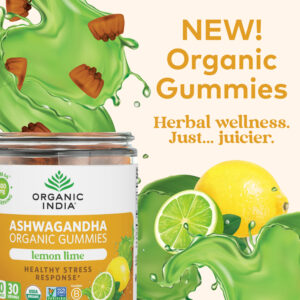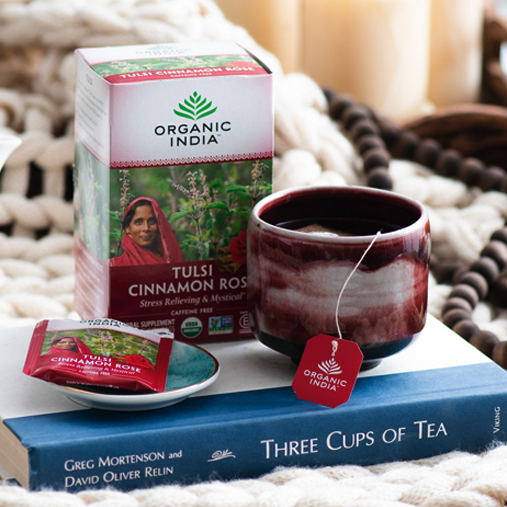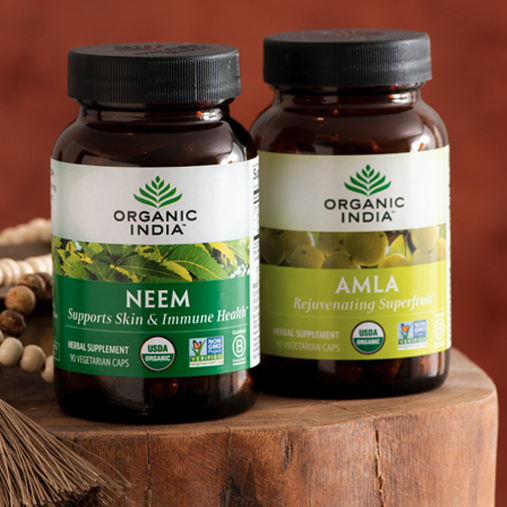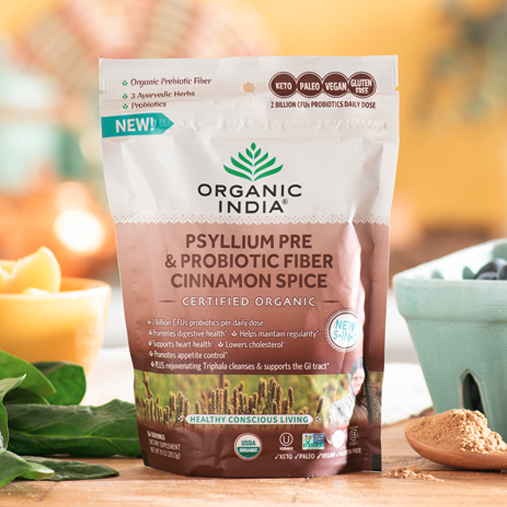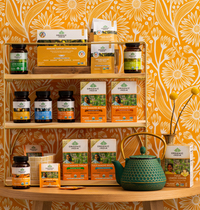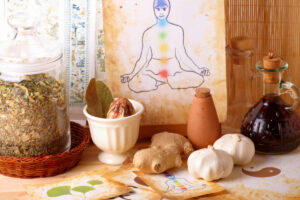Back
One of the most popular figures in the world of biology is Bruce Lipton, Ph.D., who’s a wellspring of fascinating information about the intricate, complex, and dynamic function of cells. Dr. Lipton is a proponent of epigenetics, a science showing that the environment of a cell can determine the way it replicates and behaves. Perhaps most intriguing about Lipton’s work are two factors new to the discipline of cellular biology: First is that our minds influence how our cells function and reproduce; and second is that our microbiomes play the most overlooked role in our health and happiness.
And here is where things get complicated. We find that the bacteria, fungi, and other microorganisms making up the microbiome affect our mental states and emotions, which, in turn, affects the proper functioning of the body down to the cellular level. The microbiome, then, acts in a continuous feedback system with the mind.
What is the microbiome?
The National Institute of Environmental Health Sciences explains that the microbiome is a collection of microbes, such as bacteria, fungi, viruses, and their genes, that naturally live in and on our bodies. Although a microscope is required to see microbes, they contribute to our health and wellness in many ways, protecting against pathogens (disease-causing microbes) and helping the immune system develop. The microbiome is also crucial to the digestion of food and subsequent production of energy.
Dr. Bruce Lipton teaches that our bodies are made up of 150 trillion human cells, and we have five to 10 times that amount of microbes. We have more microbial cells than we do human cells! We are literally covered with microbes, and they take up residence throughout our bodies — especially in the digestive tract. Their role in protecting us from disease is the backbone to the immune system. And, the microbiome has a hand in every system of the body — respiratory, eliminatory, cardiovascular, lymphatic, and so on.
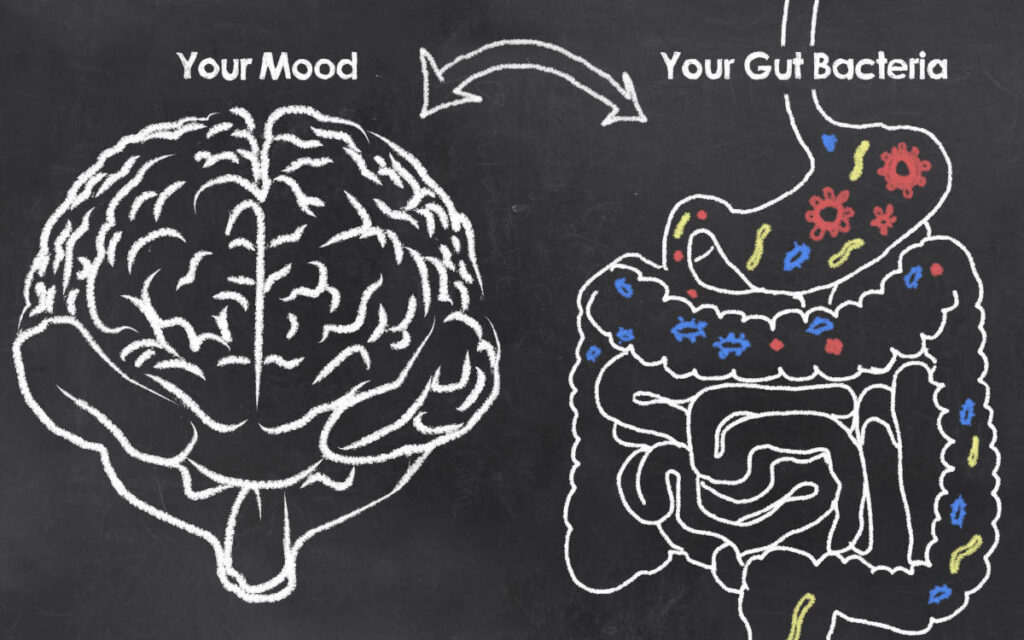
Happy Gut, Happy You!
While there is much to say about the microbiome, including how it works with our cells to create energy and keep us healthy, one of the most interesting roles it plays is in creating a sense of happiness. The microbiome supports and influences the mind, emotions, and moods; and in turn, our states of mind affect the microbiome and every cell in our bodies.
Research has shown that the microbiome could be as complex and influential as our genes, regarding our health and happiness. “As well as being implicated in mental health issues,” writes journalist Amy Fleming, “it’s also thought the gut microbiome may influence our athleticism, weight, immune function, inflammation, allergies, metabolism and appetite.” And, studies have linked the gut microbiome with PTSD, which offers some indication of the microbial support we need to handle extraordinarily stressful situations.
Through a complex process, the microbiome helps the body produce hormones, including serotonin, which is especially significant when it comes to mood and happiness. The greatest amount of serotonin is found in the gut, where it influences a number of biological processes, including digestion, appetite, metabolism, mood and memory.
Physiologist Sanchari Sinha Dutta, Ph.D., wrote that gut bacteria regulate stress response, anxiety, and social behavior. Scientists are aware of the association between gut microbes and mood disorders from observing patients suffering from depression and how they’ve shown a different diversity and composition of gut bacteria in comparison to their healthy counterparts.
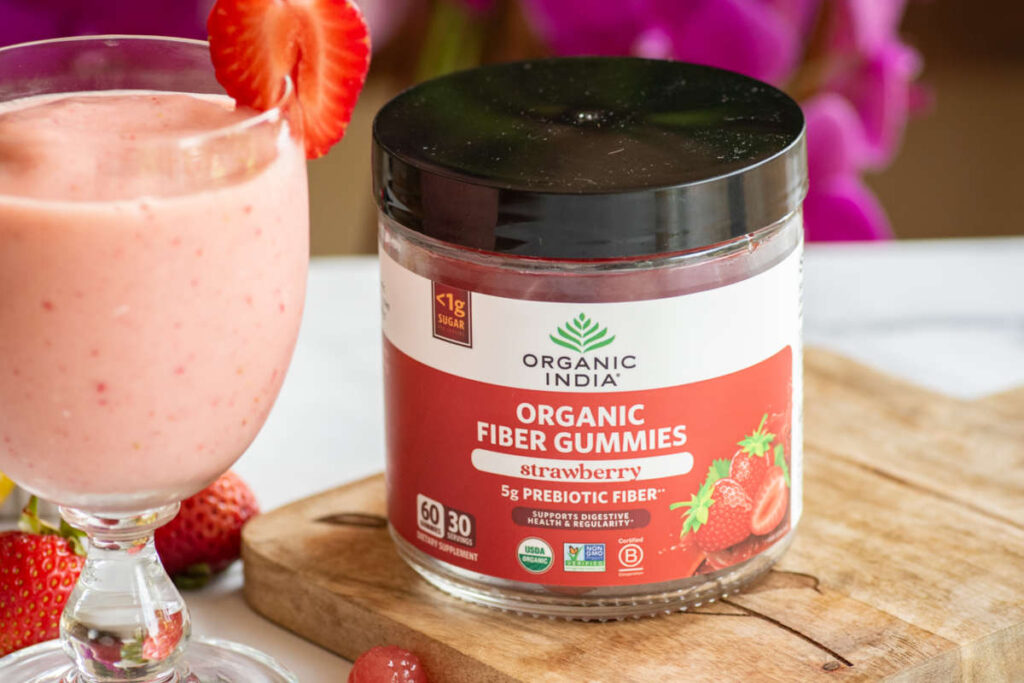
Tips for a happy gut
There are many strategies to ensure a healthy microbiome, including supplementing your diet with prebiotics and probiotics. Either in powder or your can also find in supplement and gummies form. In his research on how microbes affect the mind, psychiatrist Philip WJ Burnet, University of Oxford, discovered some very positive effects of prebiotics on mood. Prebiotics are complex carbohydrates — dietary fiber that feed good bacteria (probiotics) in our digestive tract. You can also get these important nutrients by eating live-culture yogurt (not the sugary kind), kefir, sauerkraut, kimchi, miso, traditional buttermilk, and fermented foods.
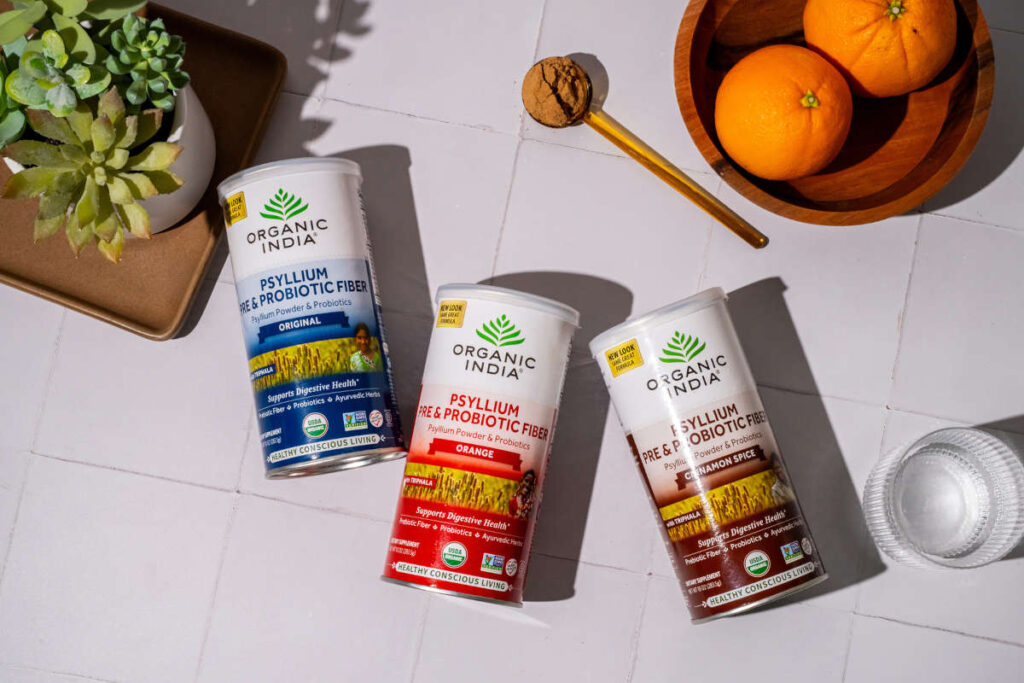
And there’s more…Happiness is a mind-body affair, so treating your body well goes a long way to boosting brain chemicals and relieving stress. Yoga, Tai Chi, bicycling, sleeping well, avoiding sugar and alcohol in your diet, swimming, playing with your dog, and taking long walks help raise your happiness levels.
Sometimes called the “happiest man in the world,” molecular geneticist–turned Buddhist monk Matthieu Ricard says we can train our minds to get in the habit of well-being, and thereby generate a deeper sense of serenity and fulfillment.” He also reminds us that the creation of happiness requires the same kind of effort and mind training as any other serious pursuit. “We try to fix the outside so much, but our control of the outer world is limited, temporary, and often, illusory,” he says. And that’s one reason why he is such an advocate of daily meditation: “Meditation is not just blissing out under a mango tree. It completely changes your brain and therefore changes what you are.”
